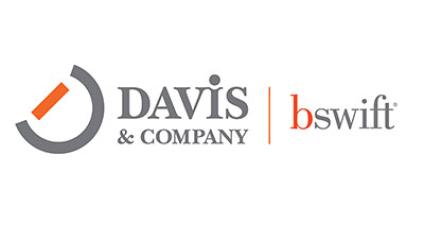
Your intranet site may be gorgeous. Your content may be unique, compelling and relevant. But if you haven’t solved search—taken into account that employees would rather sneak in through the back door than follow a prescribed path—your site is not going to be as successful as you want it to be.
As search engine optimization company Moz explains, people (including your employees) make three types of search queries:
- “I want to do something, such as buy a plane ticket or listen to a song.”
- “I want to know something; I need information, such as the name of a band or the best restaurant.”
- “I want to go to a particular place on the Internet, such as Facebook or the homepage of the NFL.”
There are many ways to improve search on your website, but let’s spend a few minutes on keywords. As Hubspot, a company that provides marketing and sales software, explains, “Searchers use keywords as a way to identify and verbalize their problem or topic in which they’re looking for more information.”
Keywords are so important because they help “visitors and potential customers understand the purpose of your page. When reading the content of the page, a visitor will often scan for the keywords they searched for.”
Hubspot points out that there are two different types of keywords:
- Broad keywords are short words or phrases that, well, broadly apply. For example, an employee searching for information about pay might use “pay, bonus, salary” as key words.
- Long-tail keywords tend to be longer words or phrases that are very specific to your company. For example, you may have a bonus program called “Performance Pay Program.” Or a wellness program called “To Your Health.”
But here’s the trick about keywords. Just because your company has a special name for something (like “Performance Pay Program” or PPP) doesn’t mean that’s the way employees will search for it:
- They may not remember the formal name.
- They may not be comfortable with the technical term. (HR managers refer to pay as “compensation” but most employees rarely use “compensation” to refer to the money they receive for doing their job.)
- Or they may use terms that are related but not exact. (HR professionals know that “salary” is different than “incentive bonuses.” But employees may search for “salary” to look up information about a bonus program.)
So when writing and tagging intranet content, you need to make sure that you’re including terms the way employees will search for them (not the way subject matter experts refer to them).
This means thinking like an employee, and making sure you create content employees can easily find.





